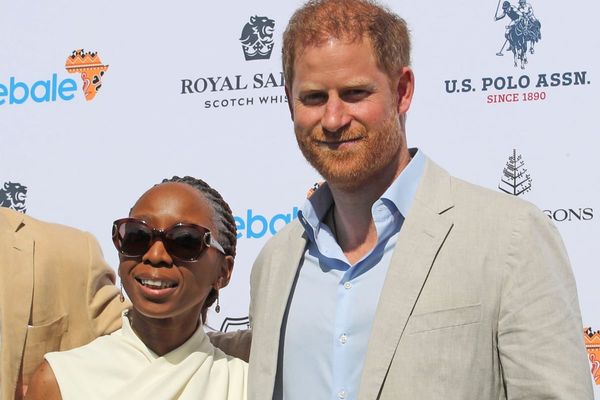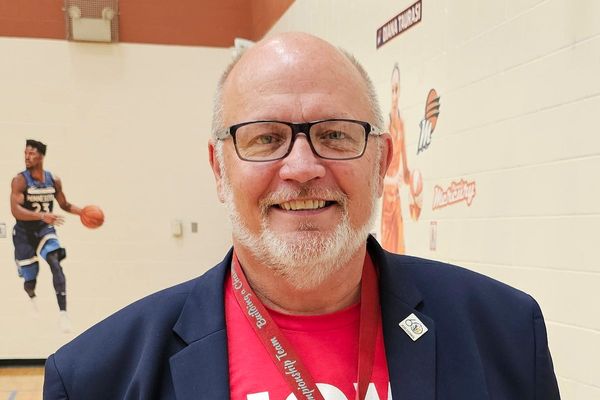
Paris (AFP) - Prosecutors in France's first trial of a participant in Liberia's bloody civil wars on Monday sought a life sentence for a former rebel commander accused of crimes against humanity.
The allegations against Kunti Kamara, 47, date back to 1993 and 1994, early years in the back-to-back conflicts that would ultimately kill 250,000 people between 1989 and 2003.
The fighting was marked by mass murders, rape and mutilations, in many cases by child soldiers conscripted by warlords, with atrocities against civilians common.
Kamara was a regional commander of the United Liberation Movement of Liberia for Democracy (ULIMO), a rebel group that fought the National Patriotic Front of ex-president Charles Taylor.
He is accused of torture, complicity in crimes against humanity, civilian executions, facilitating the rape of two teenage girls, cannibalism and organising forced marches.
Prosecution lawyer Aurelie Belliot told the Paris criminal court that Kamara's crimes "destroyed lives, and their seriousness were an attack on all humanity".
"Your verdict will be historic and your decision and the sentence you pronounce will be scrutinised in Liberia and elsewhere," she said.
Another lawyer, Claire Thouault, said "the fight against impunity for the most serious crimes that humanity has known" was at the heart of the trial, drawing parallels with the prosecution of Nazi officials after World War II.
'Governance by terror'
Prosecutors described ULIMO's control of Lofa county in northwestern Liberia in the 1990s as a "governance by terror" which Kamara allegedly took part in.
Belliot spoke of public executions, the distribution of human flesh and intestines used to mark checkpoints.
The defendant has denied the allegations throughout the investigation.On Monday, Kamara's defence team denounced a "smokescreen" and said there was insufficient proof against him.
A truth and reconciliation commission was set up in 2006 to probe crimes committed during the war, but its recommendations, published in 2009, have remained largely unimplemented in the name of keeping the peace.
And many warlords who were incriminated are still considered heroes in their communities.
The case was brought by the crimes against humanity division of the Paris court, which was set up in 2012 to try suspected perpetrators of war crimes, crimes against humanity and genocide detained on French soil, irrespective of where their alleged crimes were committed.
This is the first case taken by the unit that is not related to the 1994 Rwanda genocide.A verdict is expected on Wednesday.
So far only a handful of people have been convicted in Liberia itself for their part in the conflict, and efforts to establish a war crimes court in the country have stalled.
Former Liberian warlord-turned-president Taylor was imprisoned in 2012, but for war crimes committed in neighbouring Sierra Leone, not in his own country, where he also rampaged.
Other former participants in the Liberian wars have been tried abroad in recent years.







